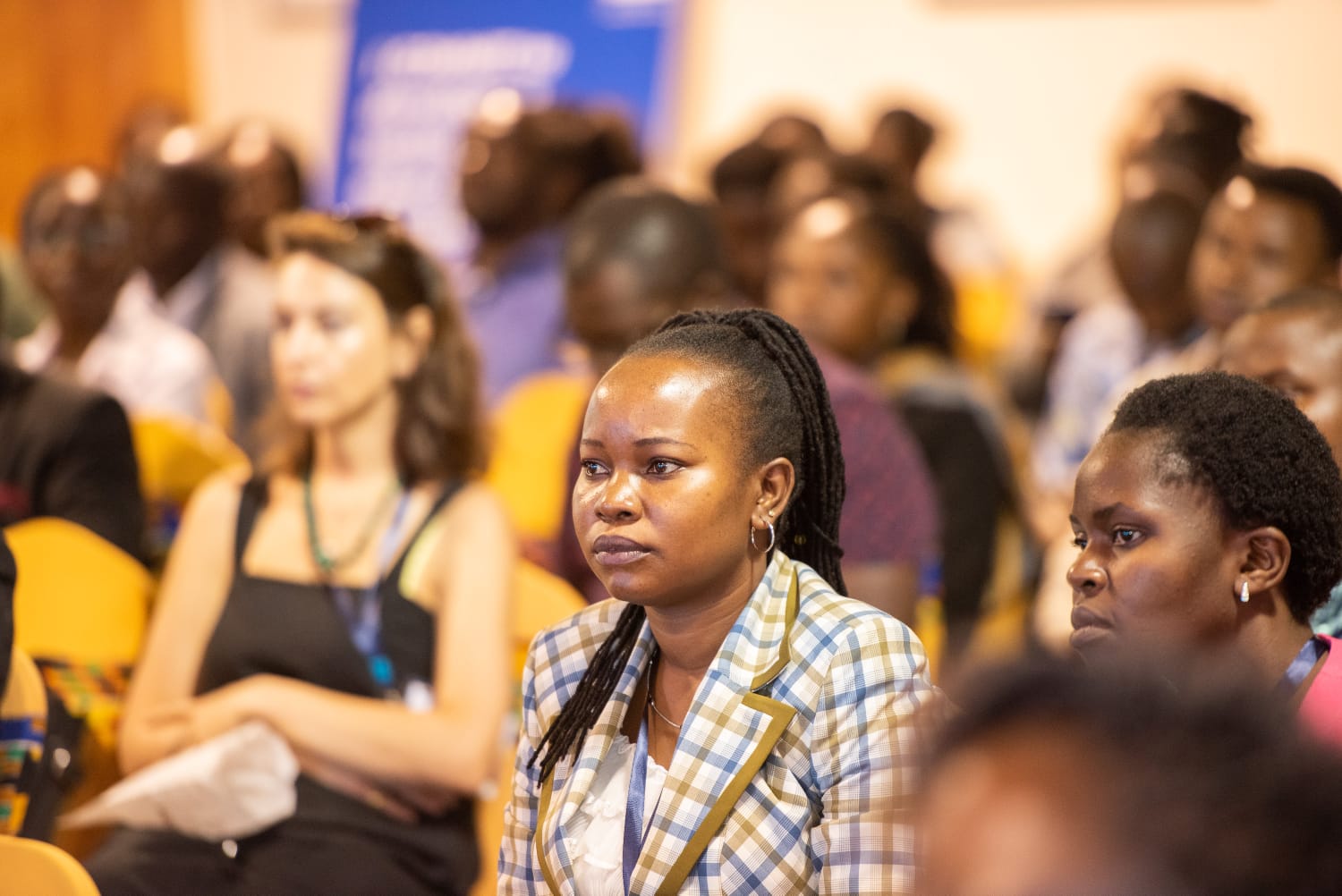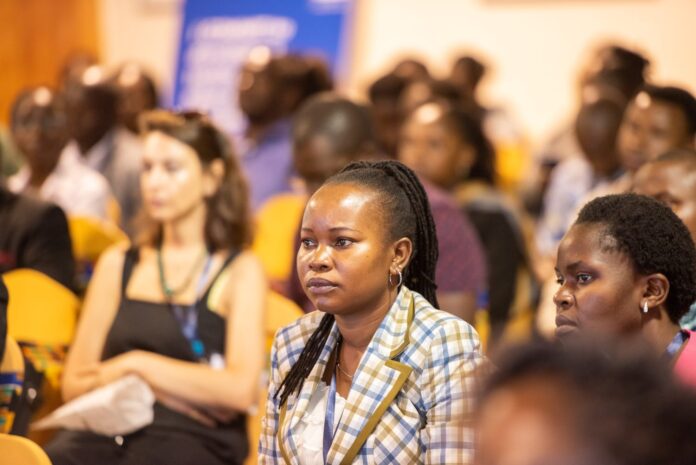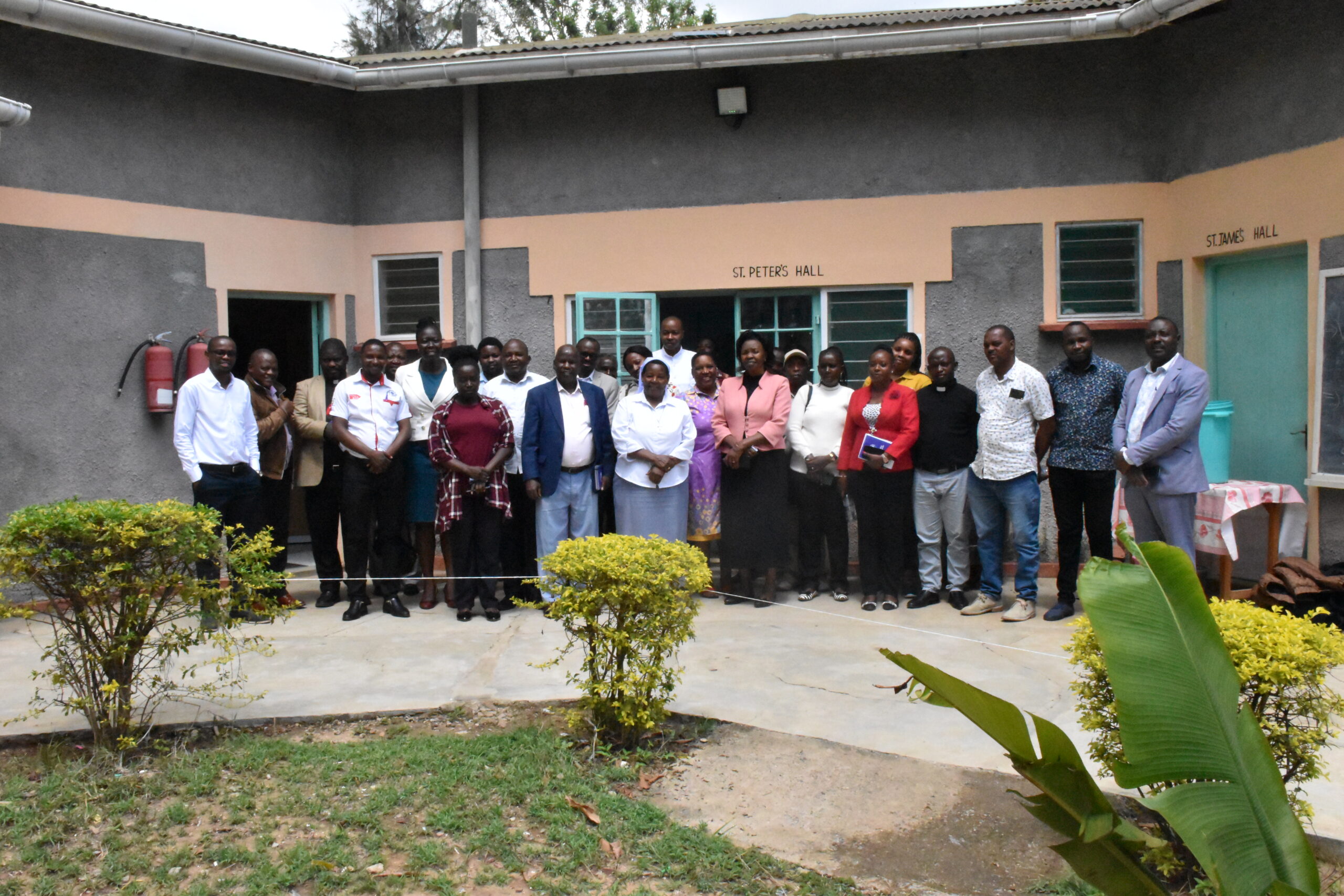By Lenah Bosibori
Nairobi, Kenya: Anne Kibara was one of the attendees during the Education Technology Summit held in Nairobi on 20th September, the jovial and smiling Deputy Headteacher at Ngundu Primary and Junior School in the outskirts of Nairobi County, could not hide her joy during the summit.
We met with a dedicated educator whose passion for ICT started with an interest in ICT, she has not only earned national recognition through her work but has also reshaped the future of technology learning in primary schools in Kenya.
Kibara was awarded as the best teacher for integrating ICT transformation in 2019, the award was organized by the Centre for Mathematics, Science and Technology Education in Africa (CEMASTEA) and the Teacher’s Service Commission an award-winning teacher for integrating Information Communication Technology (ICT) in Education,
“It all began with an interest in integrating ICT when the Tablets were introduced in all public primary schools in Kenya in 2017 under the Digital Learning Programme (DLP),” said Kibara.
Kibara was speaking during the two-day Summit is designed to inspire stakeholders to apply their wealth of knowledge and experiences to forge a collective way forward for Kenya and East Africa at large, in respect of education technology. It builds on the fact that Kenya stands at the forefront of digital revolution in education in East Africa.
She adds that ICT learning in public primary schools is an isolated subject that is normally taught by one teacher in a school of maybe 1,000 learners.
“When the tablets were introduced by the government, many learners were excited, many of them loved the lessons that were delivered through different forms like Radios, Mobile phones, and projectors, the learners were very ready for Education Technology,” added Kibara.
According to Kibara, the use of ICT was a good move because it helped them to easily remember what they saw, and listened to and also it helped to bridge the gap of the monotony of the teacher to talk throughout the lesson.
Apart from winning the award, Kibara was awarded the second runner-up during the CONNECT summit later on in 2022. “I was awarded the second runners-up best ICT teacher of the year nationwide,” added Kibara.
Challenges facing ICT in public primary school
Kibara reiterates that ICT is not only the use of Technology, it encompasses a whole range, the process is all about how we utilize ICT, there is a whole range of things like radio songs, the use of projectors, the use of phones, and even the extended activities.
“Use of technology in education is well advancing however we have a lot of challenges, the main one is internet connectivity, most of the schools don’t have internet connectivity, and most of the resources we use to teach are found online,” said Kiara.
She explains the issue of the internet as the biggest reason many public schools have resulted to put away the gadgets despite being issued in 2017.
“This is why you see most of the schools shying away from using the tablets even in the Competency-Based Curriculum (CBC) because it is mostly online,” added Kibara, “if all our schools had internet connectivity, then most of the teachers could not be shying away from teaching technology in our schools.”

She adds that another challenge is the number of teachers who have been trained in ICT, the number is very small as compared to the ones trained on CBC.
“It is also assumed that in urban schools they are well off when it comes to internet connectivity which is not the case, we have parents who are very needy, and some don’t have smartphones, so it becomes a challenge for learners to use their parents’ gargets,” she adds.
Kibara adds that all subjects can be taught using ICT. “We can use a radio for the learners to listen and this makes it easy for the learners to remember what they had from the radio,” she adds.
“We will definitely try to look for solutions to fill the gaps so that every learner will be able to access this technology. This is because the world is moving very first with new innovations in technology, if anyone is left behind, he/she cannot be globally competitive,” she adds.
On matters of new innovations, Kibara calls upon the technology innovators to involve teachers when developing Artificial intelligence content that could be user-friendly to the learners because teachers are on the receiving end.
She applauds the government in its efforts to work together with public primary schools to transform ICT as so far 270 schools have been connected with electricity.
“Technology is the future employer, let our learners know it from the beginning because in the future they create their own employment, there is a lot in technology,” she adds.
The summit participants emphasized the importance of coming up with interventions that are specific to a particular context. “Most interventions are a one-size-fits-all. Do not standardize interventions; don’t assume what works in one region will work for the other. We have to take into consideration the different needs of learners and teachers in the various areas so that we meet the needs of everyone,” said Kibara.














